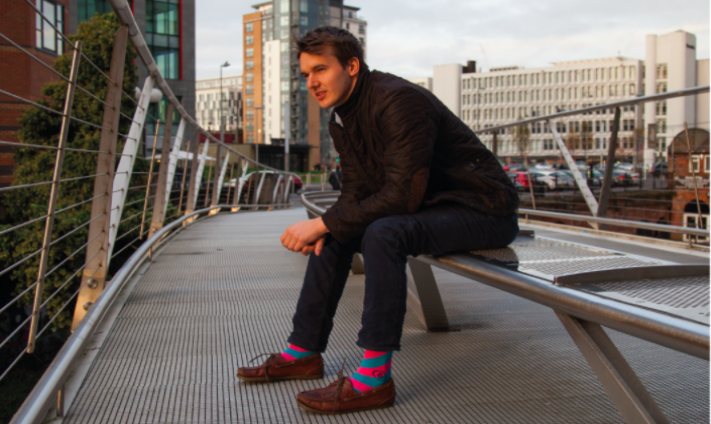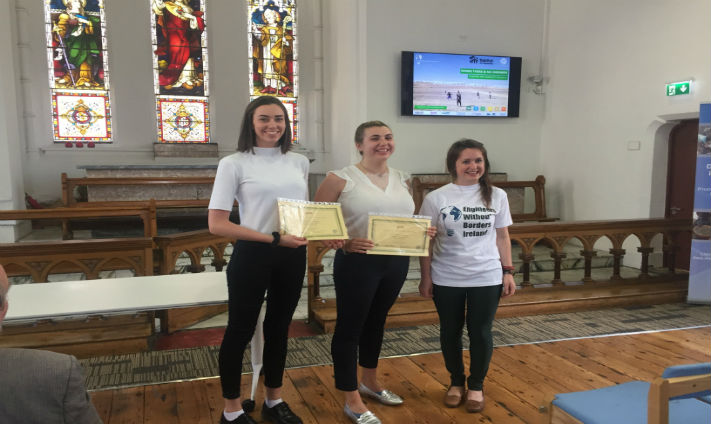Diversity in tech is something that is often talked about but rarely achieved. However, there are some companies out there that are making a difference.
Auticon is an IT consultancy company that primarily hires autistic and neuro-diverse individuals. We caught up with COO Viola Sommer to find out more about the business.
What is the idea behind the company?
The company was founded seven years ago in Germany. It was founded by a guy called Dirk Müller-Remus who had a teenage son with Asperger’s syndrome, a form of autism.
Dirk was also an IT manager at a big German tech company. He saw that his son had exceptional cognitive skills and strengths but he really struggled to find employment. He found it difficult to sell himself in job interviews.
Dirk went to a support group for autistic people to find out more. Most of the people in the room were unemployed yet they were so bright, intelligent and talented. That’s why he founded Auticon.
The cognitive skills that tend to be more prevalent in the autistic community uniquely lend themselves to tech roles and tech projects.
Auticon has grown very quickly in the first few years. I personally joined Auticon in 2014 in Berlin. In 2016 we finally got the funding to expand in the UK. We have lovely UK investors here. Virgin has been a great supporter for us in the UK.
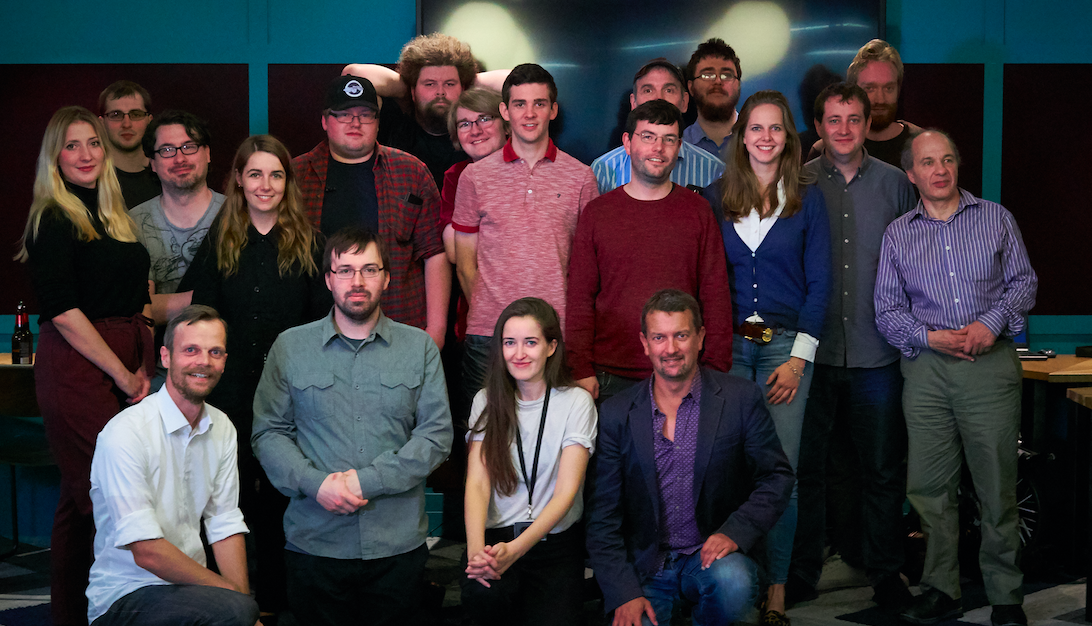 Tell me about your team.
Tell me about your team.
In the beginning, it was just me and now we are up to 32 full-time permanent employees in London. 25 of those have an autism spectrum diagnosis. We have a very neurodiverse team.
A lot of my colleagues were unemployed before Auticon. Some have been unemployed for more than ten years. They had given up trying to find work. A lot of the talent that we are trying to attract are not actively looking anymore. It’s our challenge to go out and find these talented people and bring them back into the labour market.
What traits do you look out for in new hires?
Our recruitment process is entirely skills based. We don’t really interview and we are not bothered about CVs at all. Instead, we look for specific cognitive skills such as pattern recognition, logical reasoning, error detection and accuracy. We also look at technical skills as well.
Why do you think the company has been successful?
We managed to sign on some really high profile blue chip clients including Channel 4 and Allianz Insurance. Lots of amazing companies in the UK are keen to work with us. Client demand is exceptionally high, it’s actually outweighing our supply at the moment so we have started a recruitment drive. We have the means and the funding to employ lots more autistic people, we just need to find them.
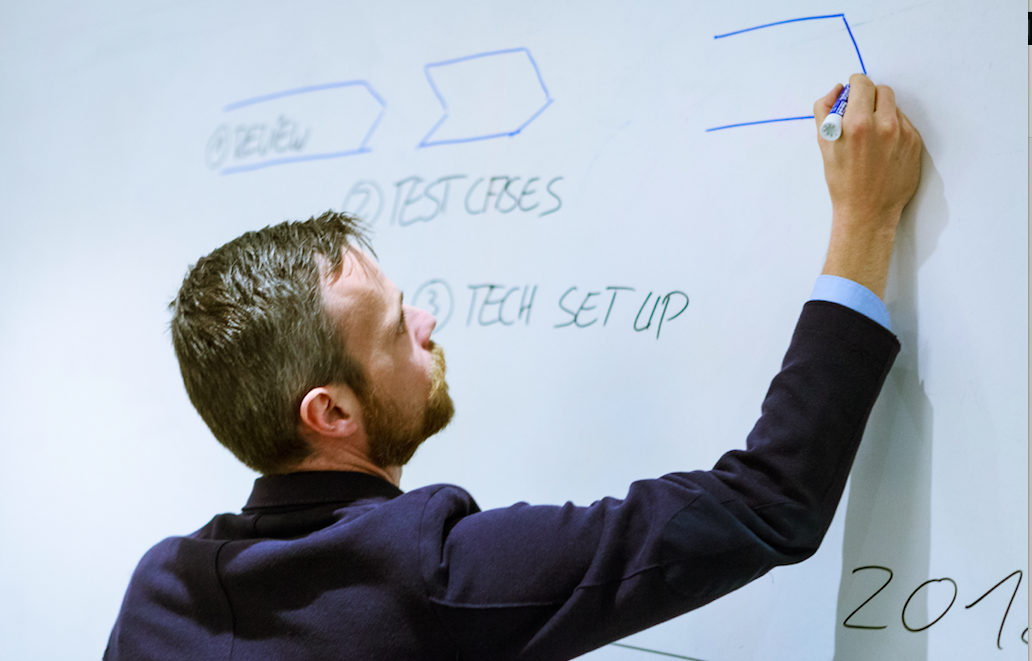 What’s the biggest challenge?
What’s the biggest challenge?
The biggest challenge is the complexity of neuro-diverse conditions. When you work with someone who is a wheelchair user you know exactly what to do to make the workplace accessible for that person. It’s very straightforward.
However, with autistic people, it’s not that straightforward. Especially when you’re working with people who have differences in cognitive style or communication style. Sometimes my colleagues won’t even know themselves what they need. You really have to spend time getting to know a person and try a few things to see what works for them. I think that’s the biggest challenge.
What’s been your biggest achievement so far?
Richard Branson named us as one of the three companies that he most admired in the Independent. We also won a Social Enterprise UK Award last year. We’re planning to do the same this year. The fact that we managed to be profitable within less than a year of trading is pretty exceptional for a startup when you take into account that the majority of our company is considered disabled. That proves a really neat point in itself.
How can we make workplaces more accommodating for autistic individuals?
There’s not a one size fits all adjustment that you can make and then your environment will be autism-friendly. You have to spend time to get to know the individual and find out what works for that specific person. I think that’s what big companies find difficult. Unfortunately, that’s also the reason that only 16% of autistic adults in the UK are employed at the moment.
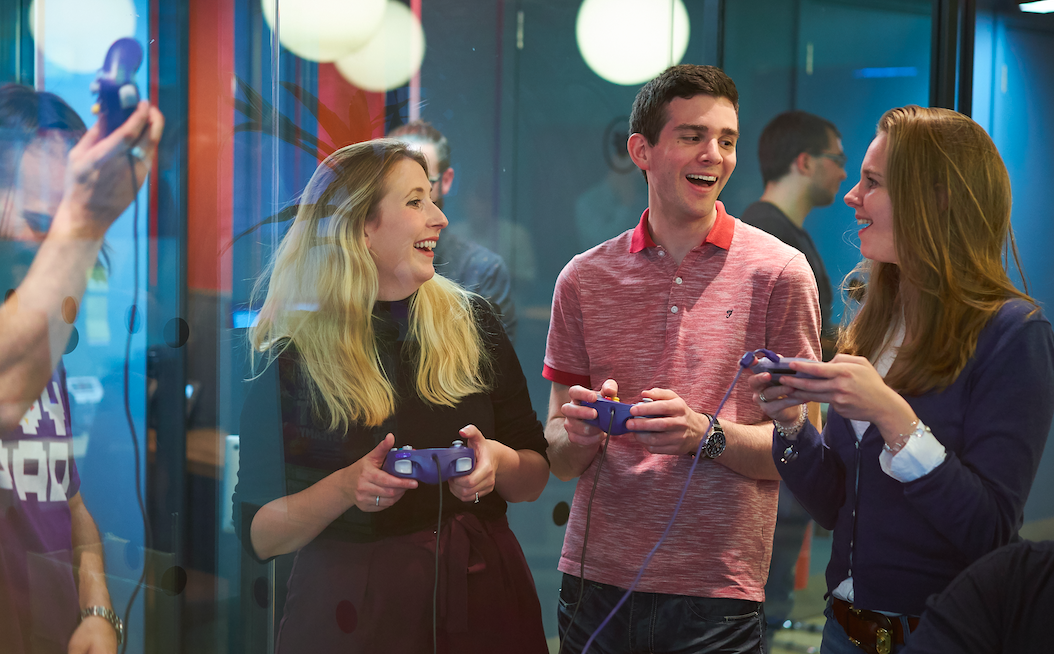 Do you think diversity is good for business?
Do you think diversity is good for business?
I think that is a bit of a no-brainer. If you have ten people who all think the same and they all approach one problem then you won’t get very far. You need people who think in different ways and think laterally. I think that’s why lots of clients come and work with us because they have complex problems that their own workforce can’t solve. They need someone to come in with a completely different perspective and give an unbiased bottom-up view. I think that’s one of the biggest advantages of working with autistic people, you will always get 100% unbiased and accurate evaluations.
What advice would you give to other employers?
I think you need to be open and talk about challenges. We do that a lot at Auticon. I am the director of the company and I have a hidden disability. I share that and talk to the team about it. By being open about the challenges that you have you can encourage and inspire other people. Leadership in companies should do more of that to encourage an environment of openness and diversity.
What’s the one thing you wish people knew about your business?
We’re not a recruitment agency. People keep thinking we’re a recruitment agency but we’re not. We employ people directly in full-time permanent contracts.



